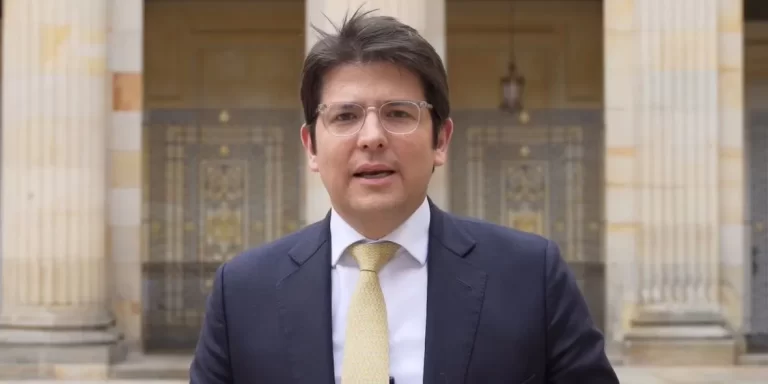[ad_1]
VERONA, Italy (Reuters) – A global deal to cut oil output has not led to a breakthrough on high inventory levels, while an expected rise in U.S. shale oil output may destabilize the market in 2018, the head of Russia’s Rosneft, Igor Sechin, said on Thursday.
The Organization of the Petroleum Exporting Countries and other leading global oil producers led by Russia have agreed to cut their combined output by almost 1.8 million barrels per day to remove excessive oil from inventories and prop up prices.
“The analysis shows that the announced goal of inventories stabilization has not been fully implemented and it is too early to talk about a watershed in the global market,” Sechin told an industry forum in Verona on Thursday.
Sechin, a close ally of Russian President Vladimir Putin, is known for his scepticism about OPEC’s ability to regulate the world oil market.
That global pact is aimed at reducing oil stock levels in leading industrialized countries to their five-year average.
According to OPEC, stocks in September were about 160 million barrels above that average, which is down from 340 million in January.
Oil prices have fallen by 50 percent since mid-2014, prompting energy companies to cut back on exploration and producers to curb production. The prices have stabilized above $50 per barrel, the level seen as “fair” by many producers.
Sechin said the rebalancing of supply and demand is “fragile” as U.S. shale oil production next year may significantly increase if oil prices stay relatively firm.
“That’s why I think, we shouldn’t expect a jump in oil prices in nearest future,” Sechin said.
He also said that the global efforts to stabilize oil market are complicated by the lack of reliable information on inventories as well as on the oil supply and demand balance.
“The key task here is to create a unified system of inventory measurement and removal of stock overhang,” Sechin said.
He said the expected initial public offering of Saudi Aramco may not be a “fully fledged international listing” to due legal risks, but he did not elaborate.
One option includes selling some stock immediately to so-called cornerstone investors, such as China, and then selling shares on the local bourse as well as an international stock exchange, with New York, London and Hong Kong in the running.
“The scenarios of private share placement of local listing, which are being discussed today, unfortunately will not achieve the goals, which the organizers had initially set out,” he said.
Reporting by Oksana Kobzeva; Writing by Vladimir Soldatkin and Denis Pinchuk; Editing by Polina Devitt/Andrew Osborn/David Evans
[ad_2]
Source link






Leave a Reply